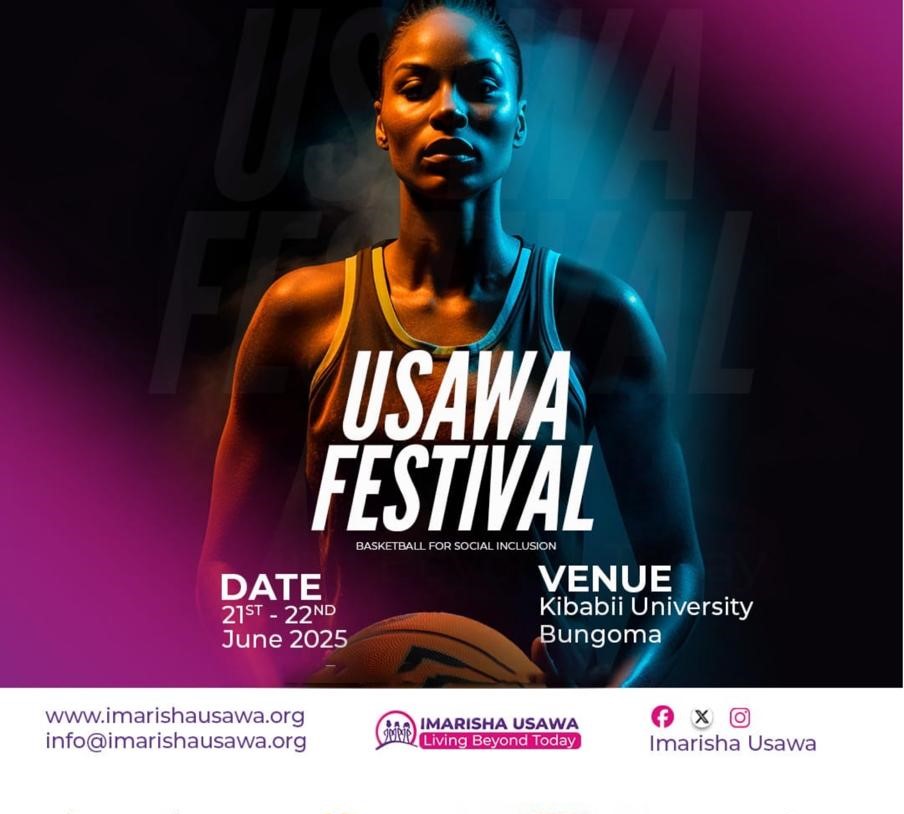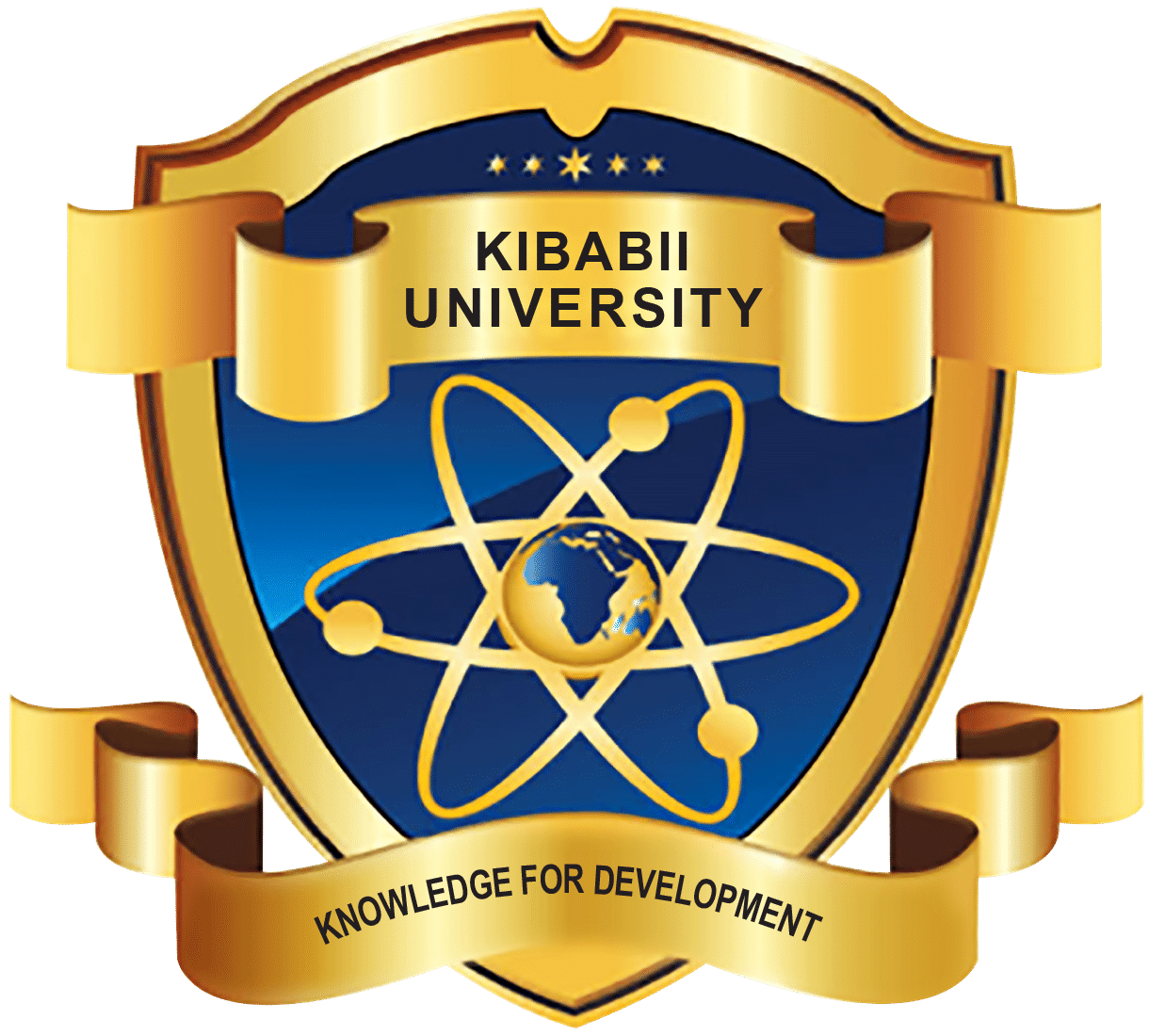Kibabii University is set to host the inaugural Usawa Festival Basketball Tournament in 2025; a landmark event aimed at advancing gender equality through sports. The tournament is organized by Imarisha Usawa in partnership with Kenya Basketball Federation, and Intergenerational Club17 Impact Coalition (a product of the 2024 United Nations Civil Society Conference) is being hosted by the University’s Center for Creative Performing Arts and Sports (CECPAS).
The Tournament is a central component of the Balance 360 Project, a five-year national campaign under Imarisha-Usawa a youth led non-profit iniative. The campaign is designed to engage grassroots communities in championing Sustainable Development Goal 5 (SDG 5), which focuses on achieving gender equality and empowering all women and girls. The theme for this year’s event is “Advancing Gender Equality through Action and Impact.”
This was inspired by the United Nations 2024 Sustainable Development Goals (SDGs) Report, which revealed that only 17% of the SDGs are on track. With less than five years remaining to meet the 2030 deadline, the urgency for bold, inclusive, and community-driven action has never been greater. This alarming reality called for renewed energy, creativity, and local leadership to spark meaningful change. The adoption of the Pact for the Future further galvanized global commitment fueling a collective will to rethink development pathways and invest in transformative, grassroots-led solutions that leave no one behind.
Advancing the Pact for the Future Through Intergenerational Action:
At the 2024 UN Civil Society Conference in Nairobi, youth and civil society leaders committed to strengthening Intergenerational Partnerships as part of the PACT for the future
Action 8: We will achieve gender equality and the empowerment of all women and girls as a crucial contribution to progress across all the Sustainable Development Goals and targets.
Action 34: We will invest in the social and economic development of children and young people so they can reach their full potential.
Action 36: Ensure meaningful youth participation in shaping policies and decision-making at national and global levels, including fostering intergenerational dialogues to build stronger partnerships between individuals of different age groups, connecting youth, older generations, and governments.
Building on this momentum and Beginning in Bungoma, the Usawa Festival Basketball Tournament is planned to expand to all 47 counties in Kenya by 2029. Using basketball as a unifying platform, the festival will promote dialogue, collaboration, and community-based change. Over 200 participants are expected to take part in the tournament, including basketball teams, adolescent girls and young women (AGYW), government agencies, private sector partners, civil society organizations, and academic institutions.
The program will feature much more than just basketball matches. Participants can look forward to intergenerational dialogue sessions, capacity-building workshops, and innovative community-led presentations focused on achieving the Sustainable Development Goals. Through these activities, the tournament aims to inspire meaningful action and foster a sense of ownership and agency among local communities.
Dr. Edwin Masibo, Director of CECPAS, praised the initiative as both timely and impactful. He emphasized that the goals of the tournament align well with Kibabii University’s broader mission of using sports as a tool for education and social development. He also drew attention to an ongoing ICM-UNESCO funded project currently running at the University, which is training more than 200 female pupils from Kibabii Primary School in martial arts as a means to combat gender-based violence and bullying.
“Sports is a powerful tool. At Kibabii University, we harness this power not only to develop students’ skills and enhance academic performance, but also to confront the social challenges facing our communities,” Dr. Masibo remarked.
There are several ways for individuals and organizations to support this transformative initiative. Opportunities include sponsoring and branding teams, booking exhibition tents, facilitating capacity-building workshops, funding community-led SDG projects, providing sports kits and SDG-branded jerseys, and contributing to team and individual awards. Supporters can also engage in national advocacy and online campaigns to extend the impact of the tournament.


